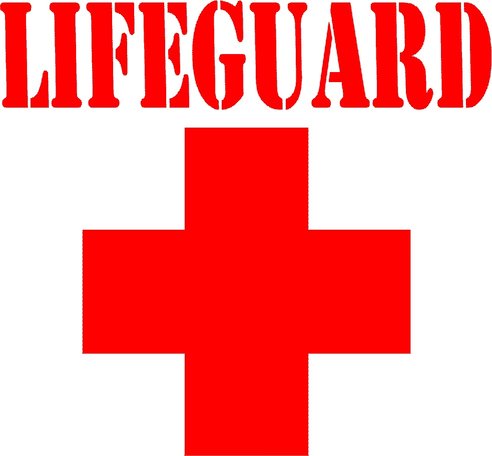
Mike
Sandusky, OH
Male, 20
I worked at an extremely busy water park for about two years straight and a summer camp as a beach lifeguard. Working at a water park operating 365 days a year as well as on a beach, I've seen my fair share of interesting scenarios. I've been the good guy with the band-aid, and the bad guy who yells at your kids (for good reason trust me). I'll do my best to answer any questions you have.
That would be completely frowned upon. You're there to watch the water and make sure no one gets hurt. Water parks will often have music playing though.
For the brick: make sure when you come back up with the brick, lie on your back and keep the brick on your chest. You should be able to float with the brick while swimming with your legs.
For the underwater swim: try not to be too nervous, getting nervous can increase your heart rate making your body use more oxygen.
Ultimately just do your best. For the most part, instructors don't want you to fail because a lot of failing students makes them look bad. They'll usually help you out as much as they can.
Frankly, I'm not too familiar about shark protocol being from Ohio and all, but it could be something to do with a legal time limit. Somewhat like the law in Ohio that states that any water attraction has to remain closed for 30 minutes after a thunder/lightning strike.
Usually swimming alone wasn't a problem. People with disabilities that might hinder their swimming ability generally have someone with them that can help and are aware of that person's limitations. Slides however, do have weight limits that may or may not be enforced depending upon the lifeguard. In those situations in which weight was a factor, lifeguards were instructed to essentially tell the guest that they were too fat to ride without actually telling them that they were too fat to ride.
Generally, if a person has an issue that would cause a safety concern, lifeguards will tell you.
Border Patrol Agent
 What's the most creative way you saw cartels getting drugs across the border?
What's the most creative way you saw cartels getting drugs across the border?
Bowling Alley Attendant
 What do bowling alleys do to keep those nasty shoes clean/sanitary?
What do bowling alleys do to keep those nasty shoes clean/sanitary?
Magician
 What's the most amazing magic trick you've ever seen?
What's the most amazing magic trick you've ever seen?
Just like in most other job fields, opportunity for promotion becomes higher at larger workplaces. At the water park I was at, you could usually work hard and apply for a "head guard" sort of position after 8-10 months when an opening came up. That was the most common promotion for us although there were 3-4 levels of supervision/management above the regular lifeguards. So long story short, yes, there are usually promotion opportunities at larger guarding establishments.
Technology that lifeguards use has definitely been improved from the days of life rings. The most important advance in my mind is the upgrade in first aid technology, constant training and development of pocket CPR masks alone is a major advantage. Every lifeguard now carries one and is trained in its use. Other than that, lifesaving equipment is really just something that floats. We could use life rings although they are fairly outdated. We generally favor the long tubes that have nylon straps that attach to our bodies. Other than that, there wasn't much else we carried.
To be completely honest, I'm no expert in workouts so this question may be better directed toward someone else, but my best advice would be to swim as much as possible. It works out multiple muscle groups and really helps endurance.
-OR-
 Login with Facebook
Login with Facebook (max 20 characters - letters, numbers, and underscores only. Note that your username is private, and you have the option to choose an alias when asking questions or hosting a Q&A.)
(A valid e-mail address is required. Your e-mail will not be shared with anyone.)
(min 5 characters)
By checking this box, you acknowledge that you have read and agree to Jobstr.com’s Terms and Privacy Policy.
-OR-
 Register with Facebook
Register with Facebook(Don't worry: you'll be able to choose an alias when asking questions or hosting a Q&A.)